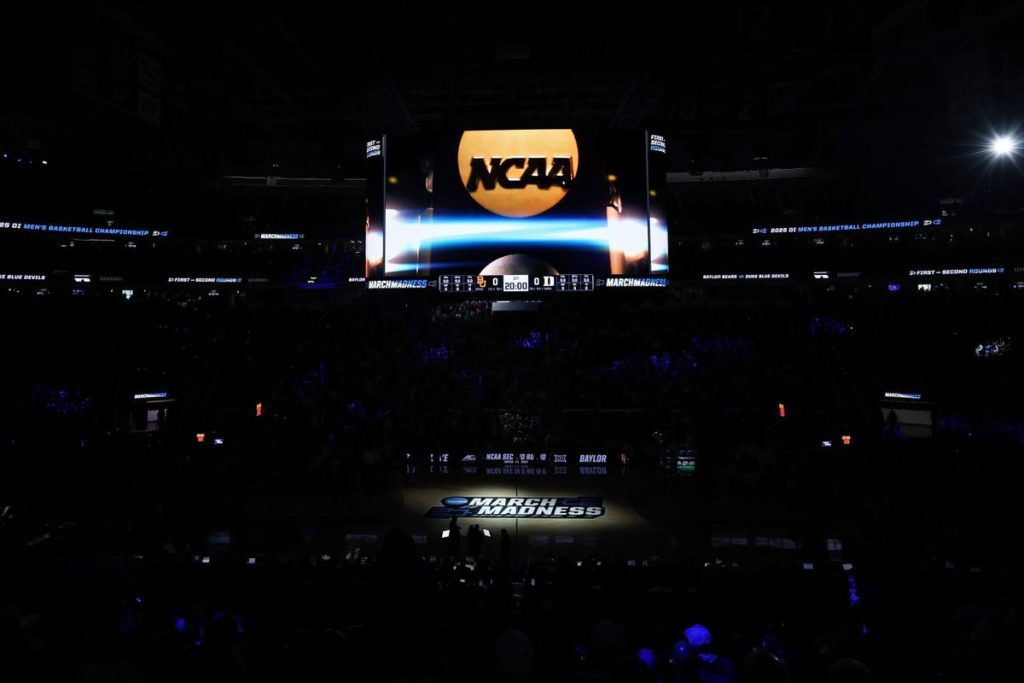By Ralph D. Russo, Stewart Mandel, and Justin Williams
Settlement Approval Marks a Milestone in College Sports
A federal judge approved the House v. NCAA settlement on Friday, a groundbreaking agreement that allows colleges to directly compensate athletes for the first time.
Details of the Settlement
This settlement resolves three antitrust cases against the NCAA and its top conferences, implementing a new 10-year revenue sharing model. Athletic departments will be able to distribute around $20.5 million in name, image, and likeness (NIL) earnings to athletes in the 2025-26 season. Previously, athletes could only earn NIL compensation from external entities.
Financial Implications for Athletes
As part of the settlement, the NCAA and power conferences (ACC, Big 12, Big Ten, Pac-12, and SEC) will pay nearly $2.8 billion in damages to Division I athletes who were previously restricted from signing NIL agreements since 2016. This compensation will be distributed over 10 years, primarily benefiting former football and men’s basketball players from major conferences.
A New Era for Direct Payments
Universities can start directly sharing revenue with athletes from July 1. NCAA President Charlie Baker described the approval as “a new beginning for Division I student-athletes and the NCAA,” emphasizing the opportunity for transformative change.
Revised Terms to Address Concerns
Some objections from stakeholders caused delays, particularly regarding new roster limits affecting athletes. In response, Judge Claudia Wilken mandated revisions that allow for “grandfathering” athletes who lose roster spots due to these changes, ensuring their eligibility remains intact.
Ongoing Legal Challenges and Future Steps
This settlement signifies a notable transition in college sports, but it does not eliminate ongoing legal battles, including the Johnson v. NCAA case that seeks to classify athletes as employees entitled to minimum wage. The NCAA is also pursuing legislative action to secure antitrust exemptions and codify the settlement’s provisions moving forward.
Conclusion: A Historic Shift in College Athletics
The newly formed College Sports Commission heralded this moment as a historic milestone, stating that athletes will now have unprecedented opportunities to financially benefit during their college careers.



